The book discusses the fundamental beliefs and practices of Islam with a view to enabling people of other religions to study the principles of Islam and to understand the similarities of ideologies between religions. In simple language, it deals with the concept of a prophet, the life of the Islamic prophet Muhammad, the contents of the holy text of the Muslims, the Quran, the main pillars of Islam, the history of Islam and practice of Islamic law. Along with the political, legal and social framework of Islam, it explores facets of Islamic mysticism – Sufism – examining its major features like asceticism, knowledge of God and love of God. It finally looks into the basis for a dialogue between the Hindus and Muslims by delving into Quranic verses that stress the plurality of religious traditions and the fact of diversity being universal.
The work will prove thought-provoking and immensely significant in the present time for readers in general.
ABOUT THE AUTHOR Arvind Sharma
ARVIND SHARMA was born in Varanasi, India. He earned a B.A. in History, Economics, and Sanskrit from Allahabad University in 1958 and continued his interests in economics at Syracuse University, earning an M.A. in 1970. Pursuing a lifelong interest in comparative religion, Dr. Sharma gained an M.T.S. in 1974 and then a Ph.D. in Sanskrit and Indian Studies from Harvard University in 1978. He succeeded to the Birks Chair of Comparative Religion at McGill University in Montreal, Canada and was the first Infinity Foundation Visiting Professor of Indic Studies at Harvard University. He has published over fifty books and five hundred articles in the fields of comparative religion, Hinduism, Indian philosophy and ethics, and the role of women in religion. Widely cited as an authority on Hinduism, amongst his most note-worthy publications are The Hindu Gita: Ancient and Classical Interpretations of the Bhagavadgita (1986), The Experien-tial Dimension of Advaita Vedanta (1993), Our Religions: The Seven World Religions Introduced by Pre-eminent Scholars from Each Tradition (1994), The Philosophy of Religion: A Buddhist Perspective (1995), Classical Hindu Thought: An Introduction (2000), and The Study of Hinduism (2003).

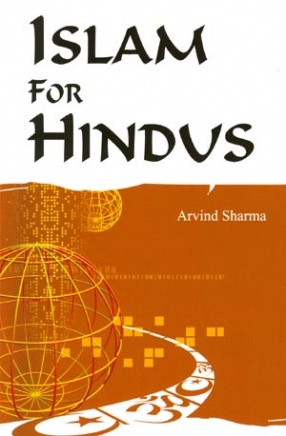
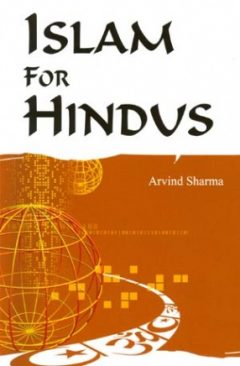
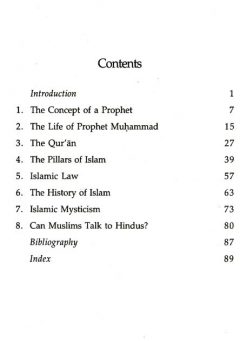
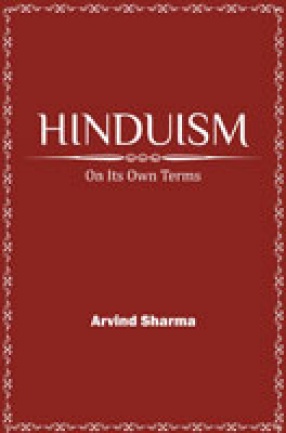

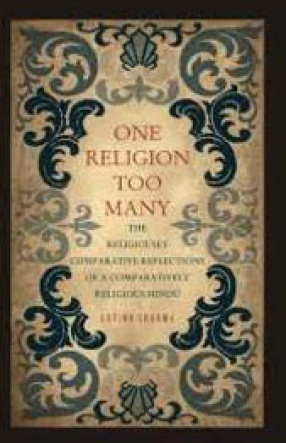
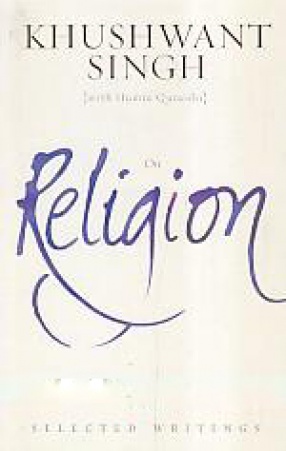
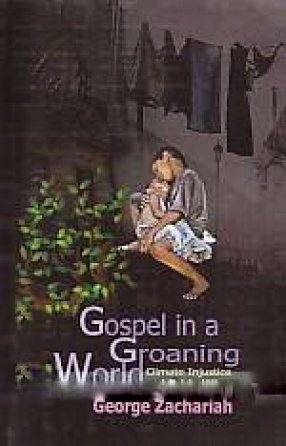

There are no reviews yet.